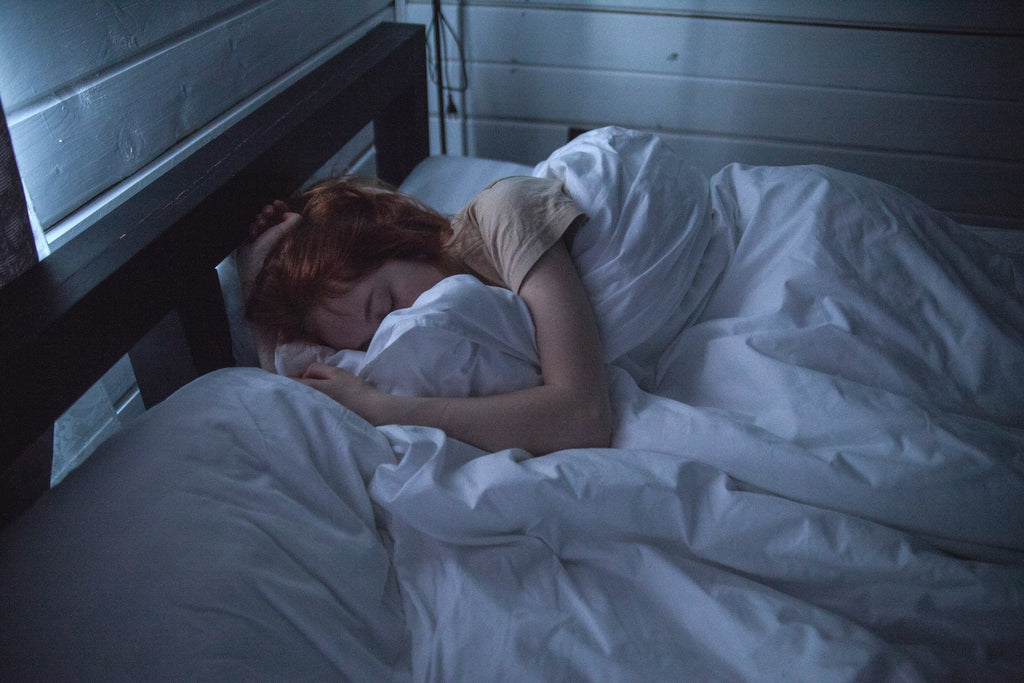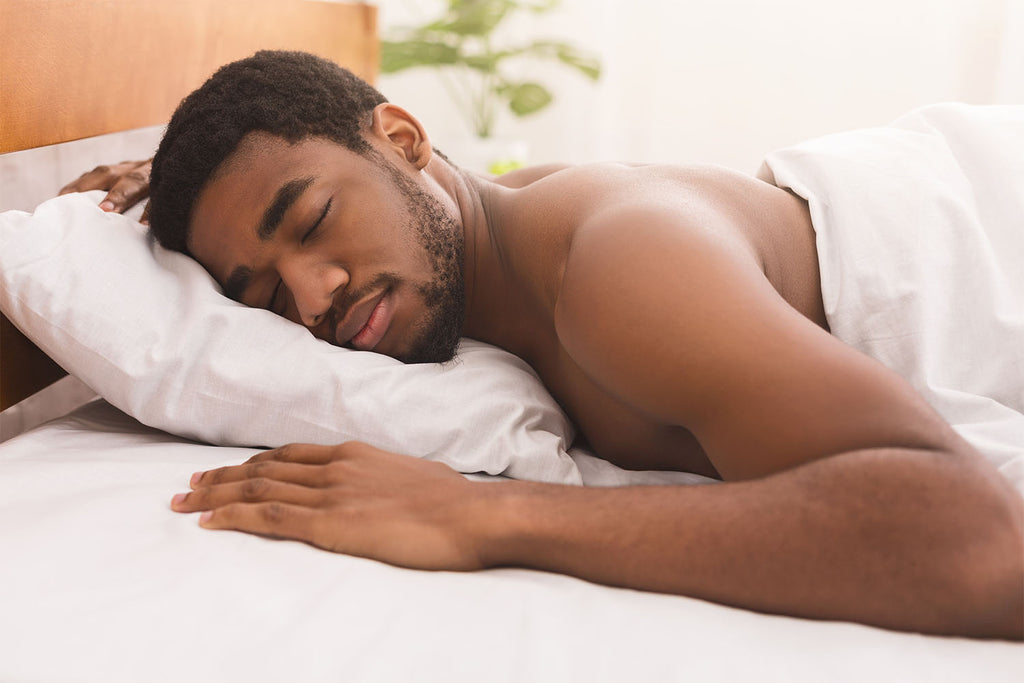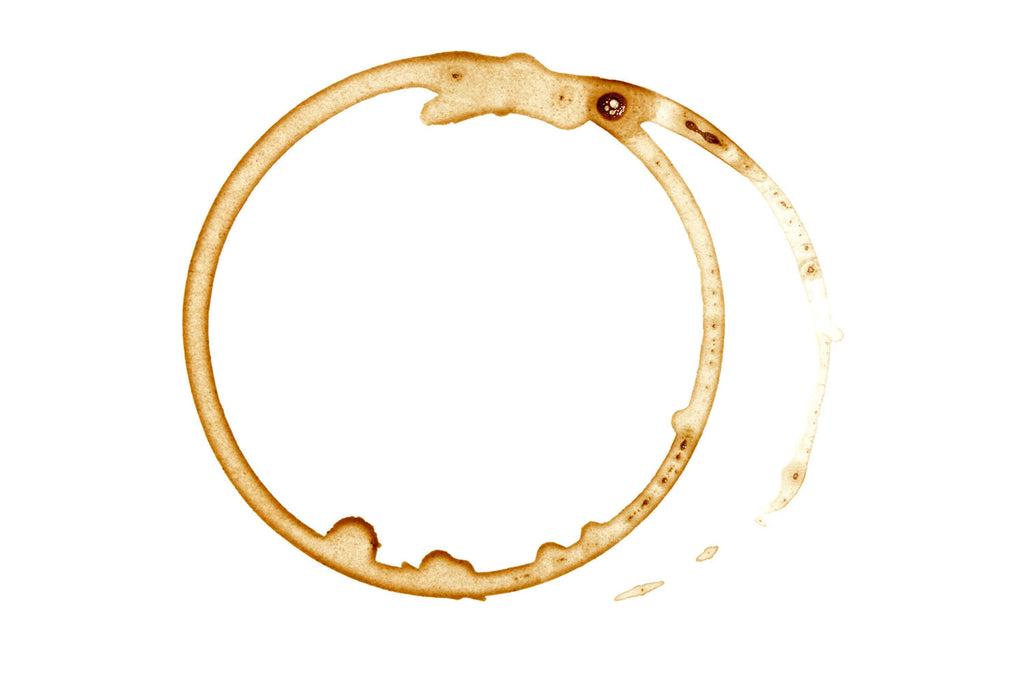
Why Do I Sweat in My Sleep?

There seem to be two types of people, those who are “hot sleepers” and those who are colder sleepers. Whether you are one or the other, there are a number of different causes for why you may be a particularly hot sleeper or cold sleeper. For those of you that struggle with excess heat during the night, you have come to the right place!
Being too warm when trying to get to sleep could be quite a bother, but once you pinpoint the cause, there is likely a solution that will help to alleviate this trouble. Get to know the causes down below so you can stop the heat in its tracks.
What Are Night Sweats?
True night sweats and sweating at night could technically be considered two different conditions. What we mean by that is: night sweats tend to be much more impactful; you’ll find that you’ll wake up with drenched pajamas and bedding.
The primary cause of night sweats could be an underlying illness. Sweating at night, on the other hand, could be much milder and caused by environmental factors.
Either way, no one wants to wake up with a film of sweat. Pinpointing the cause of your sweat is the quickest way to stop it.
Why Am I Sweating at Night? Common Causes of Night Sweats
Before we get into what could be causing you to sweat at night, know that multiple of these (or none of these) could be the underlying cause. Try and narrow down which ones you think are affecting you the most in terms of your body heat and how hot you get during the nighttime.
Sleeping Environment
If you find yourself sweating throughout the night, it could be the room that you are sleeping in and how you arrange things like bedding and such.
For instance, perhaps it’s the middle of the summer. You don’t have a fan or an AC on, and your thick comforter is lying on top of you all night. Most likely, you’re bound to break out in a swear at some point.
Try to make your sleeping environment as cool and comfortable as possible. Maybe purchase some thinner sheets and bedding. Open a window to get a breeze and wear lightweight pajamas. Grab a checklist — and think of everything you can to make it less likely that you’ll be sweating through the PM.
A Common Symptom of High Levels of Stress or Anxiety
Have you been stressed at work lately or struggled with anxiety in general? Your mental health could be the cause of your warm nights.
Stress & anxiety can take a toll on your nervous system, leading to night sweats in many cases. If you find that you have been more stressed than usual, this could also be one of the causes of your sweaty sleep.
You Might Experience Night Sweats Because of Liquor
This one may come as a surprise, but liquor can make you sweat a great deal at night, especially if you are headed to bed right after you finish up drinking with some friends or coming back from a night out.
This is because alcohol can heighten your heart rate and make your airways less active. Both of these have the potential to raise your body temperature, which obviously can make you sweat. Try to avoid alcohol right before bed to make sure this isn’t an issue for you.
Hormone Levels Are One of the Most Common Causes
Something else that could be causing your sweaty sleep is a change in hormones like estrogen or progesterone. If you recently found out you were pregnant or are dealing with menopause symptoms, your hormones begin to shift.
This shifting can create moments of intense heat and sweat. While these hormonal shifts are not specific to the night, they can last for a couple of minutes and cause some heat/discomfort.
In addition, hyperthyroidism, an overactive thyroid, can lead to hot flashes and night sweats. If you suspect that your thyroid is the underlying cause of your nighttime sweats, talk to your healthcare provider about possible solutions.
Certain Medications Can Cause Hot Flashes
While it depends on the medications themselves, a few are known to cause sweating, especially at night, as a side effect. Some of these medications could be antidepressants, painkillers, dietary supplements, and others.
If you think that your medications may be the cause of your night sweats, look up the common side effects of what you are regularly taking.
Certain Sleep Disorders/Medical Conditions
Various medical conditions can cause you to sweat late at night. For instance, hypoglycemia or hyperhidrosis can cause excessive sweating. It could even be something like an autoimmune disorder or a hormone disorder.
In addition, certain sleep disorders, such as obstructive sleep apnea, can lead to sweating in the middle of the night. Night sweats can also be a symptom of:
- Certain forms of cancer, such as lymphoma or leukemia. (However, night sweats coexist with many other telltale symptoms in these cases.)
- A bacterial infection
- Endocarditis
- Chronic low blood sugar
- Gastroesophageal reflux disease (GERD)
If you cannot target what could be causing the excessive heat you experience at night, consider having a chat with your doctor to get to the bottom of it and identify any health issues you might not know about.
How To Stop Night Sweats in Their Tracks
There are some measures that you can take in order to stop any sort of discomfort you are experiencing with sweating at night. Consider these remedies to stay cool all night long and stop sweat from drenching your sheets.
Make Your Bedroom as Cool as Possible
If sweating in your sleep is an issue, try to make your sleeping environment as cold as it can be. You may still sweat, but not nearly as much if you have an AC going along with a fan. Certain bedding can also make it easier to stay cool at night, such as eLuxury’s Aere Crystal Cooling Mattress Protector.
To keep your room cool, open the windows. Put away winter’s thick comforter and pull out summertime sheets. Add in a cooling mattress pad, and you’re all set.
Switch Up Bedding & Nightwear
While we briefly touched on it just above, switching the type of bedding you use and what you wear to sleep could make your night much more comfortable than you originally thought.
Bedding, like copper-infused mattresses or sheets made from cotton, will be ideal for fighting the sweat you experience late at night. Materials like cotton have cooling properties that work to regulate your body’s temperature.
Avoiding Certain Foods & Drinks
Certain drinks, like alcoholic beverages and caffeinated drinks, will not only keep you up at night, but they also have the ability to increase your body temperature. Try to avoid having any food or drinks other than water before heading to bed.
Avoid Spicy Food
If you struggle with heat at night, avoid spicy food when possible. Just like caffeine and alcohol, spicy food can work to increase your body temperature throughout the night. This doesn’t mean that you have to cut out spicy foods altogether, but try and make an effort to avoid them more often, specifically before bed.
Alleviate Stress & Anxiety Before Bed
Anxious about work tomorrow? Maybe you have been dealing with stress over a work-related project. Whatever the case might be, we know that stress & anxiety can cause night sweats.
Create a routine at night that you can follow to decrease any of that stress you may be dealing with. This could mean watching one of your favorite shows after a shower, reading a book, listening to music, a podcast, or whatever you define relaxation as. Many people find turning off screens, yoga, and aromatherapy helpful.
The key here is to get to sleep with the least amount of stress and anxiety possible.
Take a Cold Shower/End Shower With Cold Water
Something else that you can try to help with your night sweats is taking a cold shower an hour before you go to bed. This will help to decrease your body temperature and hopefully will make you sweat less than you normally would. You don’t even have the water cold for the entirety of the time you are in the shower; maybe just end the last five minutes with some cold water.
If All Else Fails, Speak with Your Doctor
If none of these remedies work, it may be time to speak with your doctor about some other potential causes of this sweating that you are experiencing while sleeping. A few indicators that you should speak to a doctor could be a cough, rapid weight loss, fever & chills accompanied by night sweats.
Even if you have to head to the doctor, they can help you get to the root of the problem and help to get rid of the issue.
Conclusion
The reasons why you may be sweating at night could range from issues with your diet to drinking liquor before bed and or be caused by hormonal issues. You are not alone, and there are plenty of things you can do to help.
No matter the cause, try and follow some of the tips mentioned above, such as taking cold showers, avoiding spicy foods, and switching up your bedding. A doctor can also help you get to the root of the issue if these remedies are not helping as much as you would hope for.
Sources:
Night Sweats: 7 Reasons You May Be Sweating at Night | Houston Methodist Leading Medicine




